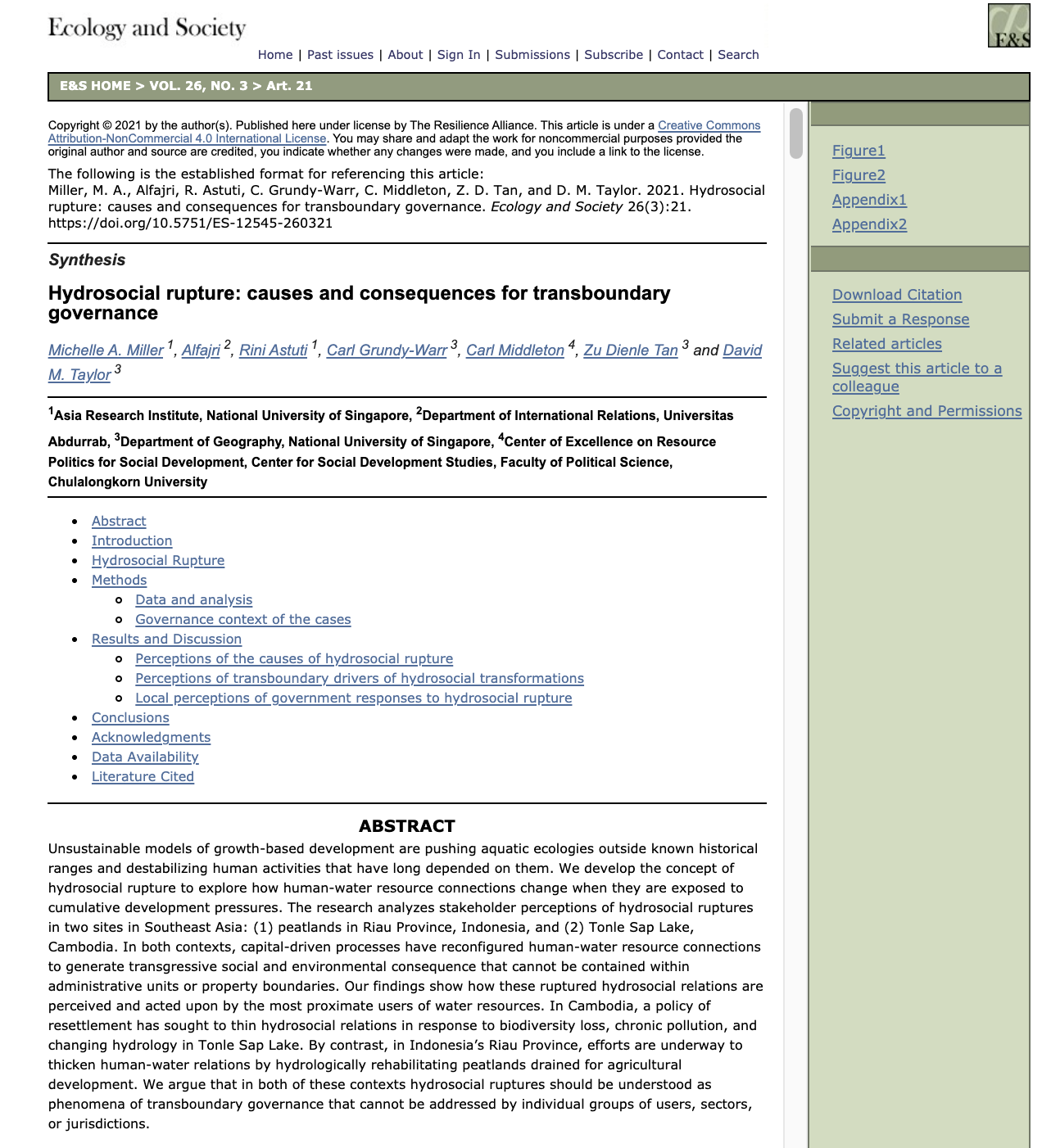JOURNAL ARTICLE: “Precarity between a megacity and coastal erosion: A political economy of (un)managed retreat pathways in Thailand’s peri-urban Khun Samut Chin”
/Publication date: 15th September 2025
Authors: Danny Marks, Carl Middleton, and Orapan Pratomlek
Further details on the article, visit the journal Ocean & Coastal Management
This paper investigates the complexities of adaptation strategies in the coastal peri-urban community of Khun Samut Chin (KSC), Thailand, amidst the challenges posed by coastal erosion. Employing a political economy lens, the study examines the interplay between state policies, community dynamics, and external economic influences that shape various adaptation pathways. Through a multilevel analysis, five historically contingent pathways are identified: economy-centred national development, state-led provincial coastline defence, rising household precarity, community resilience initiatives, and forced self-initiated outmigration. The findings detail how ‘managed retreat’ is not always (pro)actively ‘managed’ by the state and that state-led initiatives often fail to address the community's priorities effectively, reflecting how power imbalances favor the state over community. This raises questions towards state accountability and addressing social injustices. We argue that understanding these dynamics through a political economy pathways approach reveals how current governance and accountability issues are not isolated or ahistorical. Rather, long-standing systemic factors shape present conditions and future possibilities.
Read the full article here.
Citations: Marks, D. Middleton, C. and Pratomlek, O. (2025) “Precarity Between a Megacity and Coastal Erosion: (Un)Managed Retreat and Climate (Im)Mobility in Thailand’s Peri-Urban Khun Samut Chin” Submitted to Ocean and Coastal Management: 270: 107919 https://doi.org/10.1016/j.ocecoaman.2025.107919





















